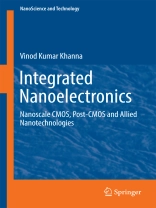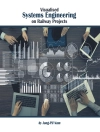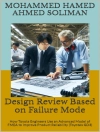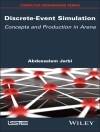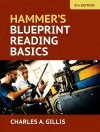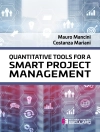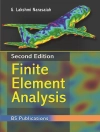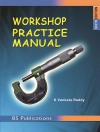Keeping nanoelectronics in focus, this book looks at interrelated fields namely nanomagnetics, nanophotonics, nanomechanics and nanobiotechnology, that go hand-in-hand or are likely to be utilized in future in various ways for backing up or strengthening nanoelectronics. Complementary nanosciences refer to the alternative nanosciences that can be combined with nanoelectronics. The book brings students and researchers from multiple disciplines (and therefore with disparate levels of knowledge, and, more importantly, lacunae in this knowledge) together and to expose them to the essentials of integrative nanosciences. The central idea is that the five identified disciplines overlap significantly and arguably cohere into one fundamental nanotechnology discipline. The book caters to interdisciplinary readership in contrast to many of the existing nanotechnology related books that relate to a specific discipline. The book lays special emphasis on nanoelectronics since this field has advancedmost rapidly amongst all the nanotechnology disciplines and with significant commercial pervasion. In view of the significant impact that nanotechnology is predicted to have on society, the topics and their interrelationship in this book are of considerable interest and immense value to students, professional engineers, and reserachers.
Table of Content
From the Content: Nanosciences: Synergy and Disparities.- Nanostructured Materials.- Nanoscale Field-Effect Transistors (FETs) and Complementary Metal-Oxide-Semiconductor Field-Effect Transistors (CMOSFETs).- Resonant Tunneling Devices and Quantum Dot Cells.- Single Electron Transistors.- Molecular Electronics.- Nanoscale Magnetic Phenomena.
About the author
Vinod Kumar Khanna received his M.Sc. degree in physics from the University of Lucknow, Lucknow, India, in 1975, and his Ph.D. degree in physics from Kurukshetra University, Kurukshetra, India, in 1988 for the thesis entitled, “Development, Characterization and Modelling of the Porous Alumina Humidity Sensor.”
For more than 36 years at CSIR-CEERI, Dr. Khanna has been involved in different research and development projects on thin-film humidity sensors, high-voltage TV deflection transistors, power Darlington transistors for AC motor drives, fast-switching thyristors, high-current and high-voltage rectifiers, neutron dosimetry diodes, power DMOSFET and IGBT, PMOSFET gamma ray dosimeter, microelectromechanical system (MEMS) technology-based microsensors, ion-sensitive field-effect transistors (ISFETs), ISFET-based chemical and biosensors, capacitive MEMS ultrasonic transducer (c MUT), pressure sensors, MEMS gyroscopes, and MEMS hotplate gas sensors. His present research is focused on nanosensors, particularly on the nanotechnological approaches for improving ISFET performance, and the development of dual-gate silicon nanowire ion-sensitive field-effect transistor (Nano-ISFET).
He is a life member (Fellow) of the Institution of Electronics & Telecommunication Engineers (IETE), India, and also life member of Indian Physics Association (IPA), Semiconductor Society India (SSI), and Indo-French Technical Association (IFTA). Dr. Khanna has authored 9 previous books and contributed six chapters to edited books. He has authored or co-authored 181 research papers in various reputed international and national journals and conference proceedings ans holds four patents.
